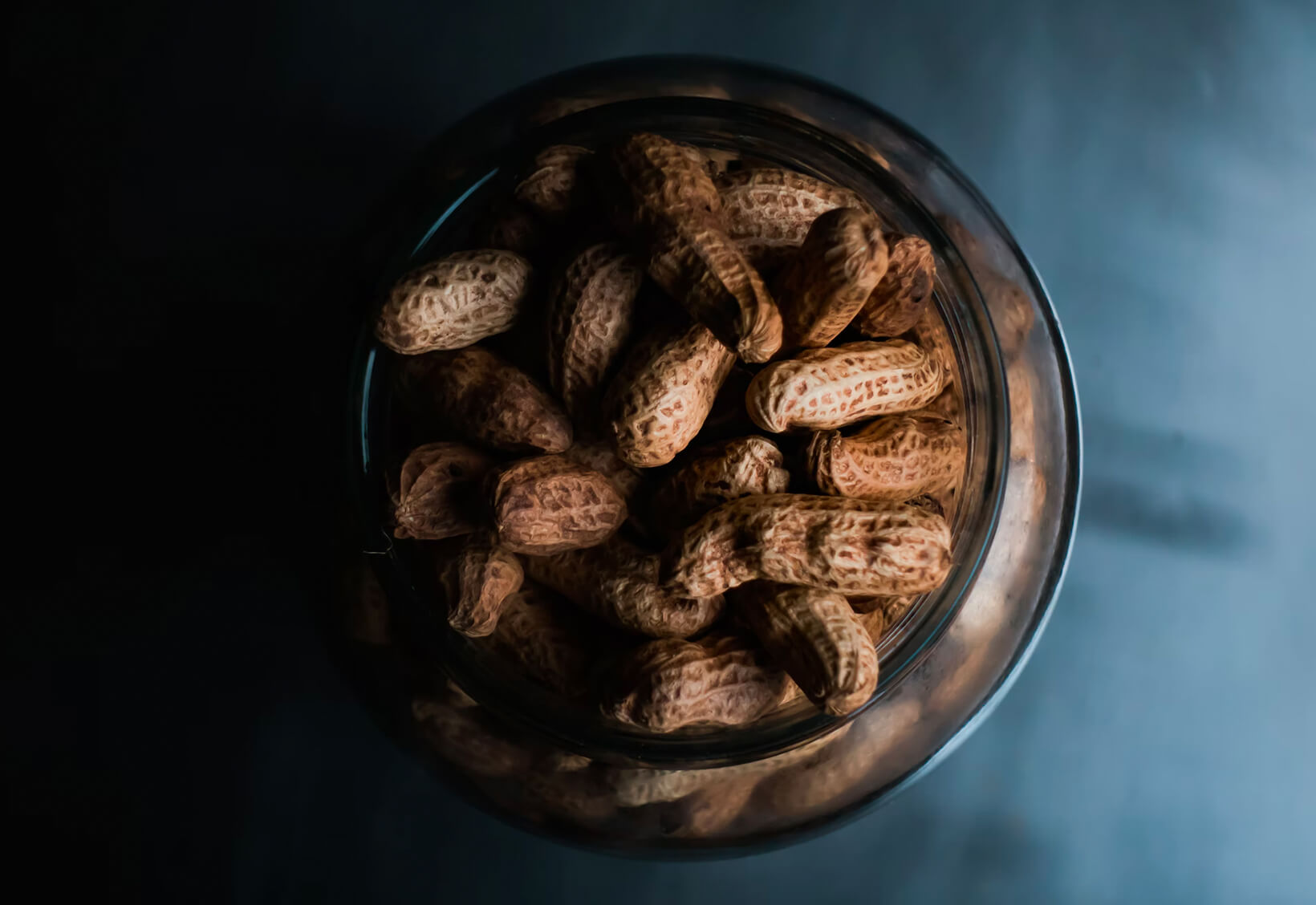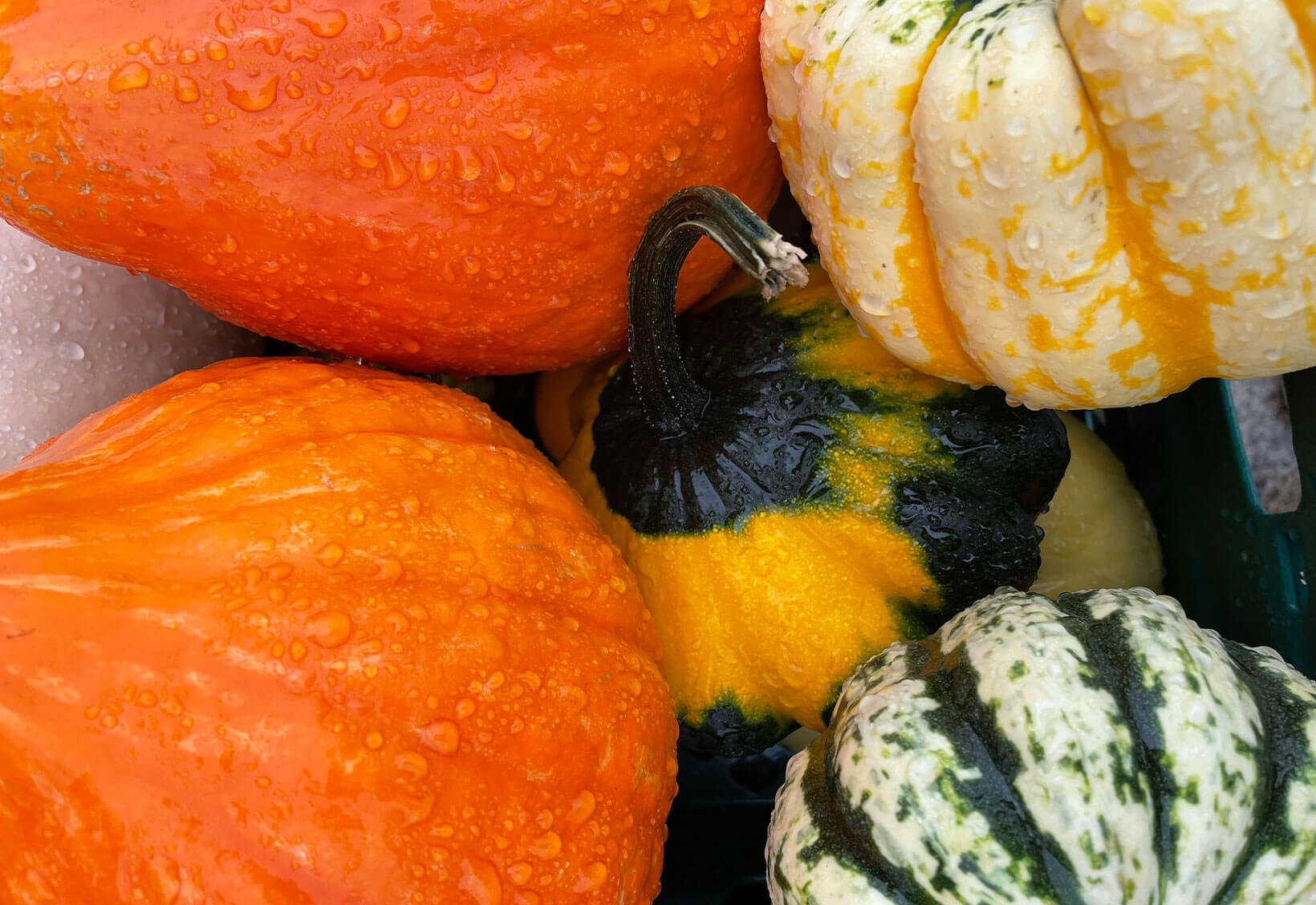Demystifying Nut Allergy Myths | Foods with "Nut" in the Name | Allergy Companions

By Liljia Polo-Richards
For those navigating the challenges of a peanut or tree nut allergy, encountering foods or seeds labelled with the dreaded “nut” word can spark confusion and concern. Is it safe to indulge? Will it cause a reaction?
Let’s demystify this dilemma and delve into the surprising truth behind these nut-associated names. Brace yourself for revelations that might change your perspective on these seemingly nutty foods.
Pine Nuts: they are seeds, and not tree nuts
Before you fret over pine nuts, know this: they’re not nuts at all – they’re seeds! Unlike their nutty counterparts, pine nuts belong to a different botanical family. Enjoy their unique flavor without the worry of nut allergies, as they’re generally safe for most individuals.
Sweet Chestnuts: mildly sweet a nutty (but not a nut)
While the name implies a nut, sweet chestnuts are intriguingly different. These edible wonders possess distinct proteins and a rarity in triggering allergies, particularly in the UK. Their kinship with fruits and vegetables sets them apart from the nut allergy landscape.
Nutmeg: spice it up, safely
Nutmeg may sound nutty, but it’s a spice derived from seeds, not nuts. Remarkably rare in allergy cases, nutmeg poses minimal risk even for those with nut or peanut allergies. So, go ahead and elevate your dishes with a dash of nutmeg’s aromatic charm.
Coconut: also known as cocos nucifera
Coconuts may share the nutty title, but they’re actually drupes – a type of fruit. The coconut’s complex identity may raise concerns, but it stands apart from tree nuts and peanuts. Should you have doubts regarding your allergies and possibly being allergic to coconut, you should raise your concerns with your GP.
Shea Nuts: a different realm of nuts
Enter the world of shea nuts, a name that hints at nuts but doesn’t tell the whole story. These seeds, found in skincare products, defy expectations. Shea nut butter, often used in cosmetics, rarely incites allergic reactions, even in individuals with peanut or tree nut allergies.
Grape Nuts: neither grapes nor nuts
A double surprise: grape nuts contain no grapes or nuts! Crafted from wheat and barley, they present an option worth savoring, unless you’re intolerant to these grains. Nut allergies are not a concern here.
Tiger Nuts: definitely not a nut
Tiger nuts challenge perceptions by not being nuts at all! These root tubers hail from the Cyprus esculents family, so you can discover their unique taste without hesitation.
Conclusion
In the realm of nut allergies, appearances can be deceiving. Foods with “nut” in their names often defy expectations, offering safe and delectable options for those with a nut allergy.
From pine nuts to tiger nuts, understanding the true nature of these ingredients empowers you to make informed dietary choices. While this guide offers insights, seeking guidance from a healthcare professional remains crucial for personalised safety.
Thank you
Thank you for reading my blog. I hope you found it helpful and interesting. If you are looking for inspiration on where to eat you might enjoy reading this blog, Nut Free Restaurants and Cafes in London.

















